(ECNS) -- Fast COVID-19 screening technology by testing exhaled breath samples debuted at an exhibition of China's scientific accomplishments during 2016-2020 in Beijing on Thursday.
This new test method, developed by a research team led by Professor Yao Maosheng from the College of Urban and Engineering at Peking University, can give results in five to 10 minutes.
The research team found that the specificity and accuracy reaches 95 percent and above based on existent data models through studies on a large number of tests of COVID-19 patients, patients with other respiratory infections, medical workers and healthy people.
"The accuracy of this method based on our data models can reach 95 percent, which means we can distinguish COVID-19 carriers from healthy people and patients with other respiratory infections," said Yao Maosheng, professor of the College of Urban and Engineering at Peking University.
False positive cases and leakage do exist in COVID-19 tests and quick screening of COVID-19 carriers is needed in a variety of scenarios such as meetings, customs, flights, quarantine hotels, etc., according to Yao.
This new method can supplement the current detection methods of nucleic acid tests in terms of time and accuracy.
Meanwhile, it is inexpensive, costing less than 1.5 U.S. dollars, compared to nucleic acid tests that charge about 80 yuan.
Though the detection of volatile organic compounds is mature, clinical use still calls for machine learning on a myriad of samples to improve accuracy.
"What we need to do now is test it with a large number of samples and upgrade this method, because the more samples you test, the more accurate result you'll get," said Yao.
The research paper of this method has been released online on Clinical Infectious Diseases, a medical journal affiliated with the Infectious Diseases Society of America.
Yao pointed out that Chinese researchers are the first team to achieve results in this area.
This method can be used for other medical uses such as the screening of cancers, diabetes, etc., said Yao.










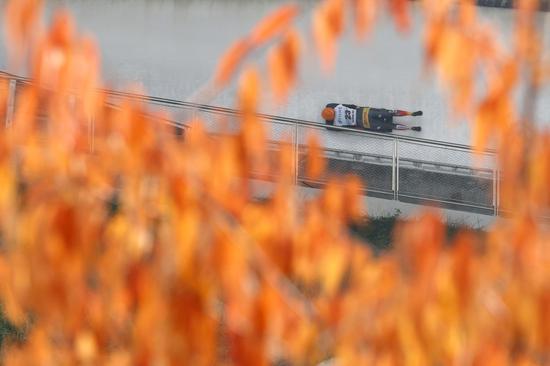


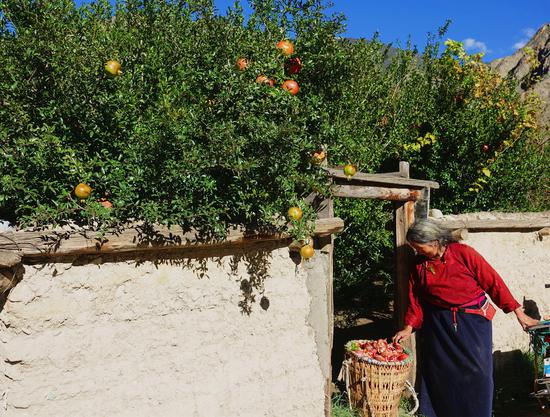




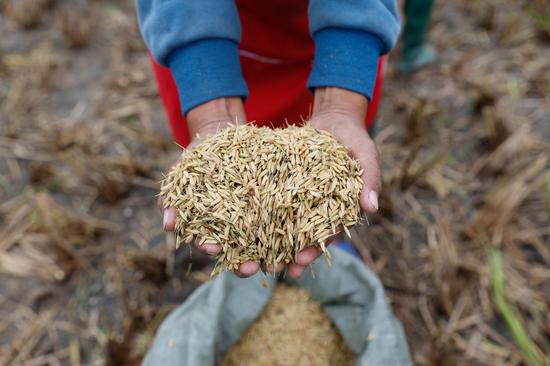
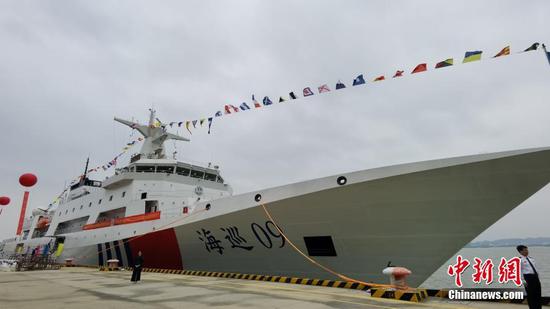

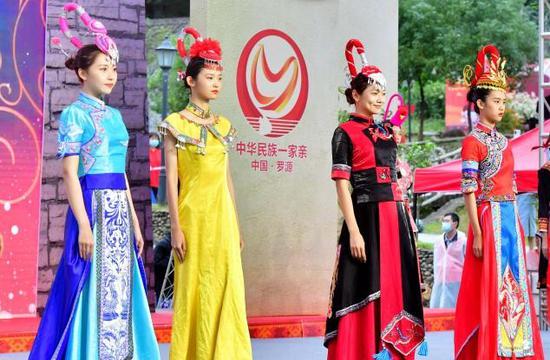

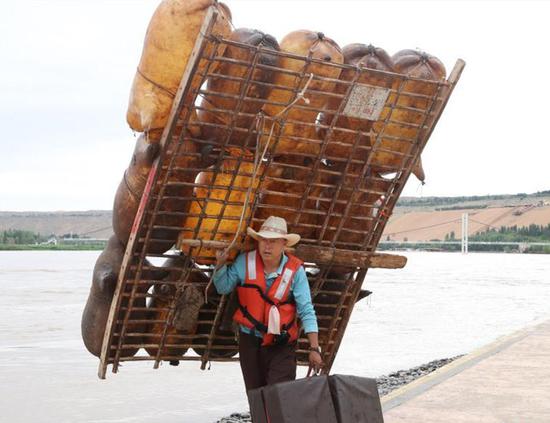
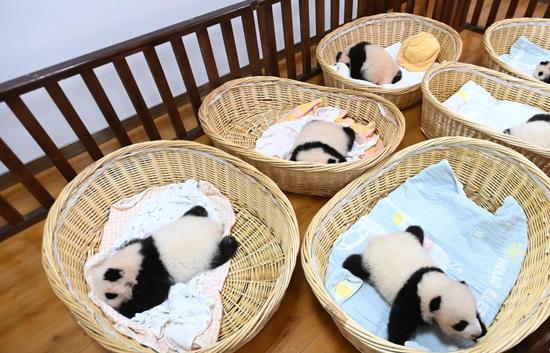
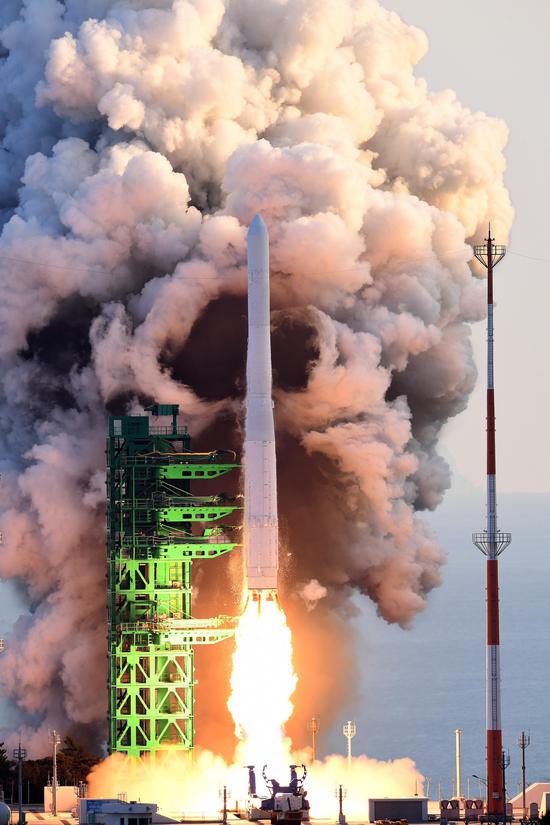
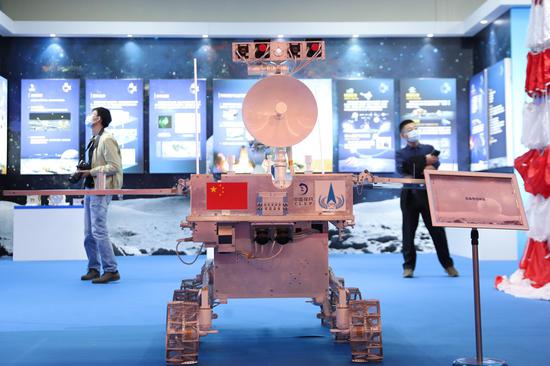
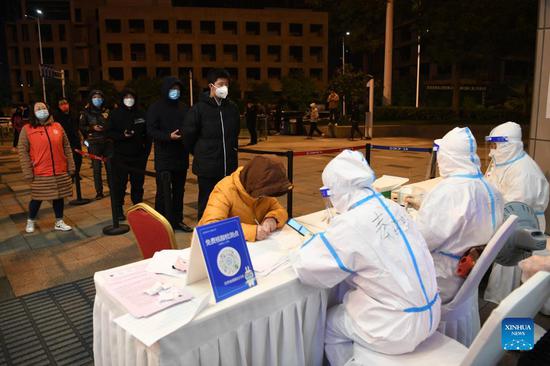
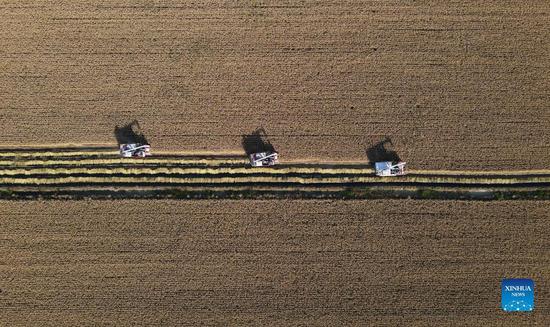
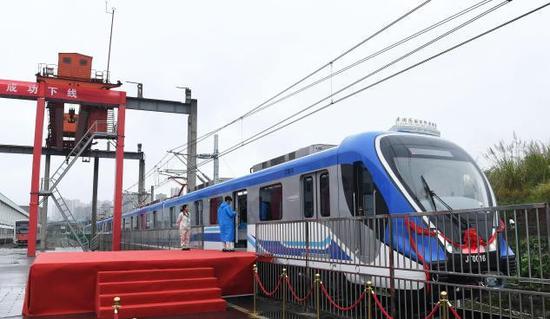
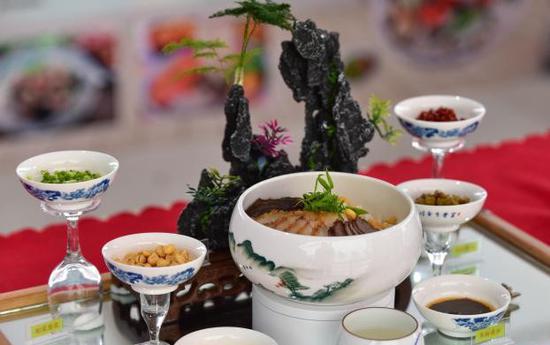
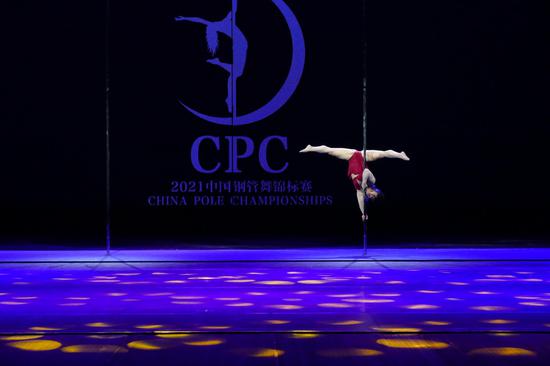

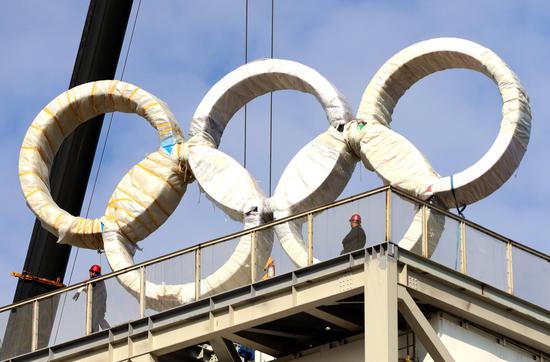
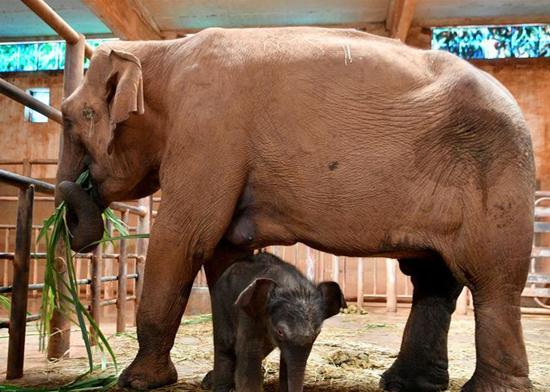
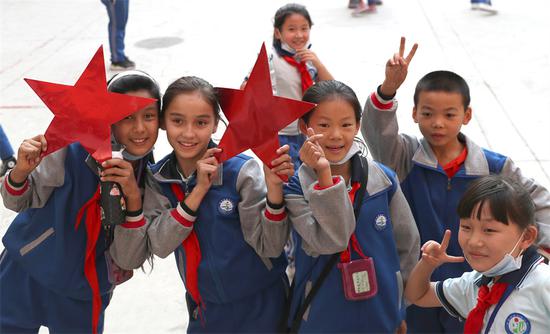
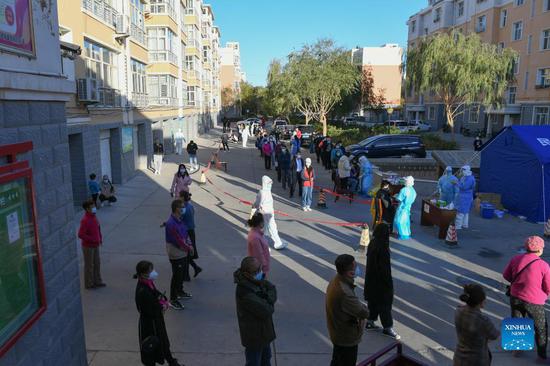
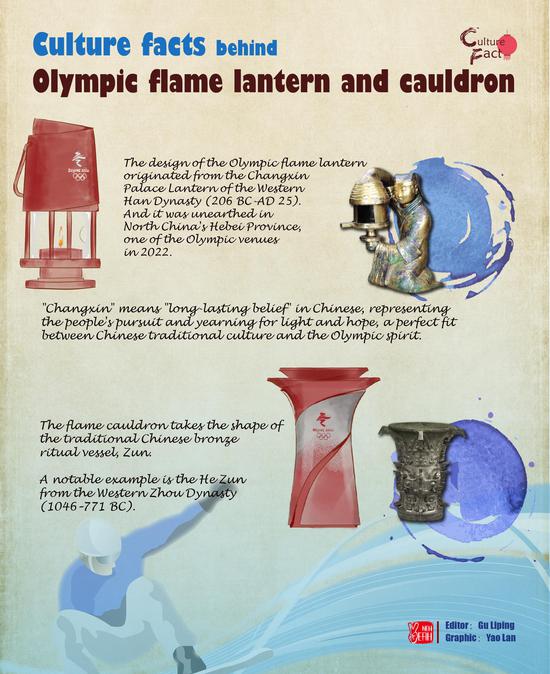
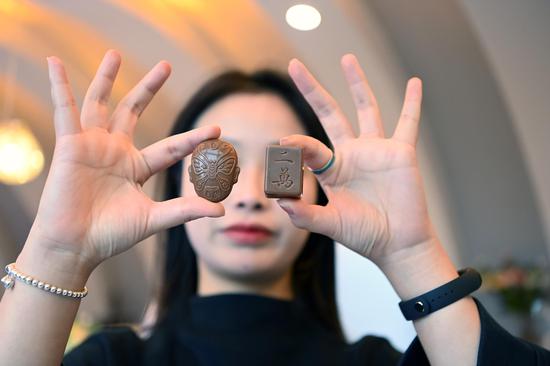
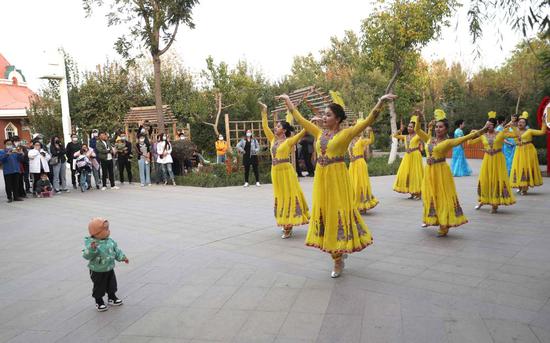
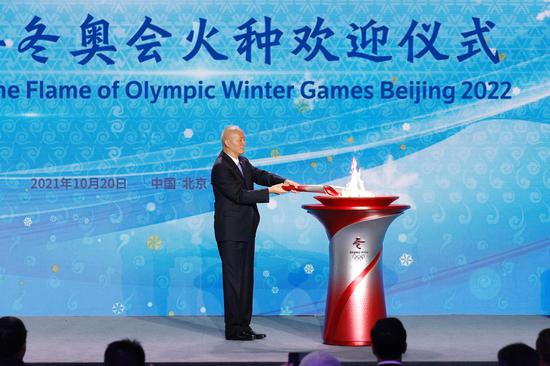
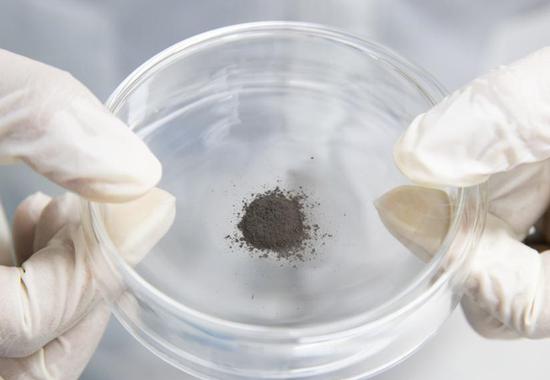
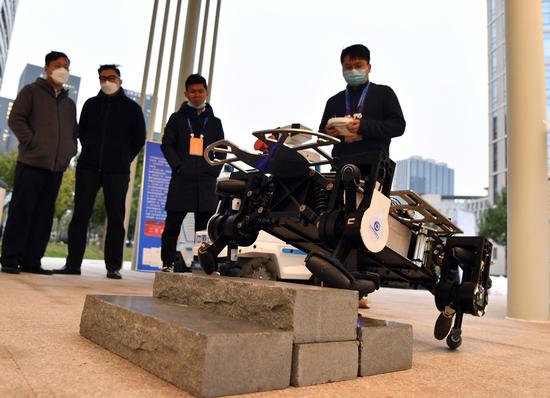
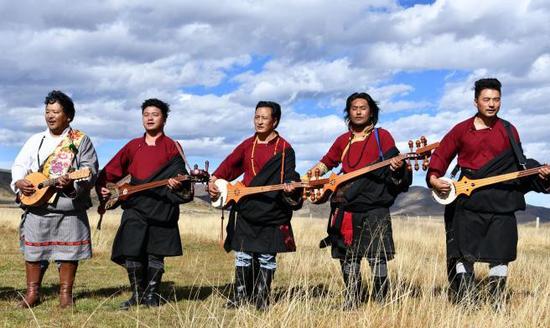






 京公网安备 11010202009201号
京公网安备 11010202009201号